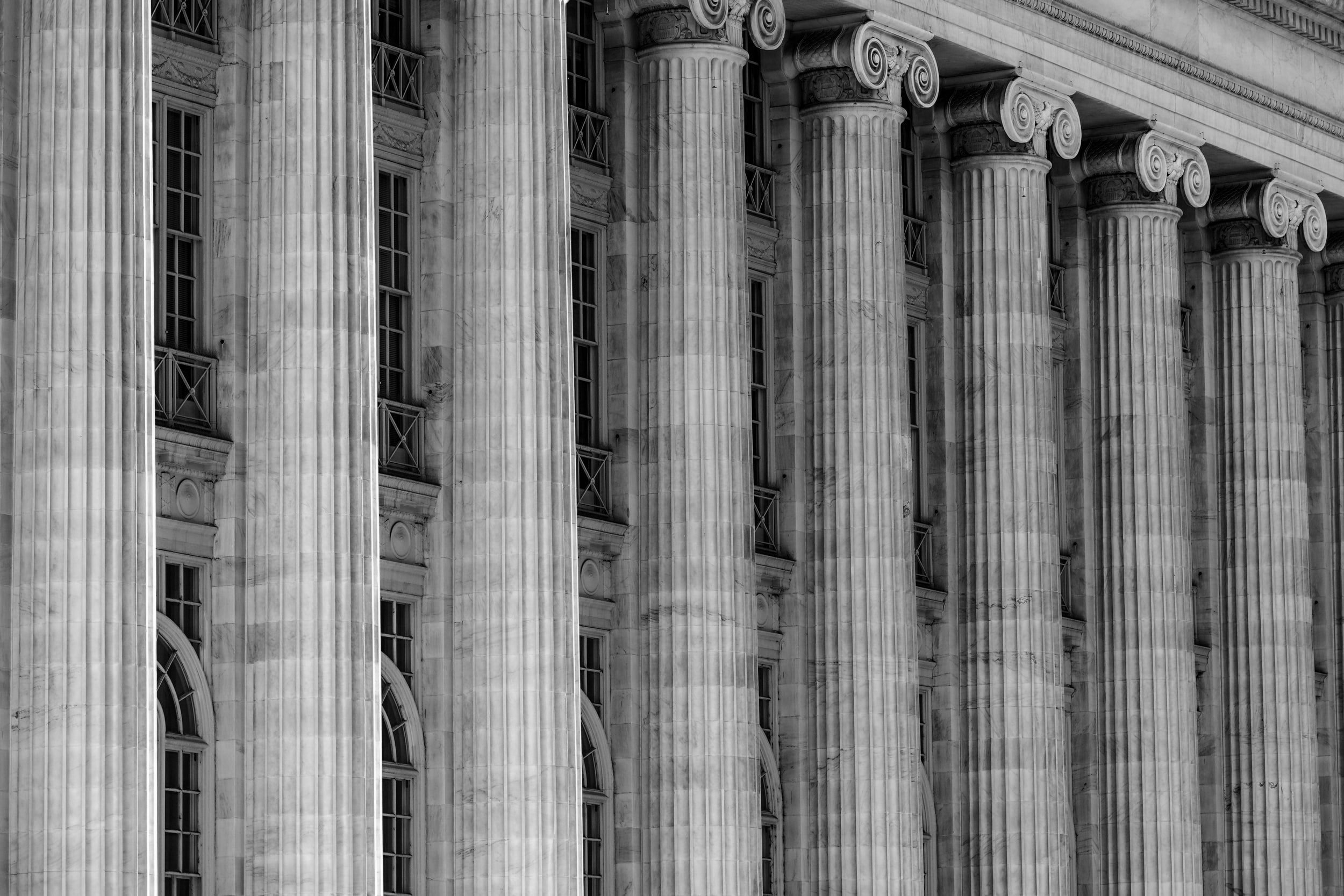
Preserving Evidence in Revenge Porn Cases
If you find yourself a victim of nonconsensual pornography, it is imperative that you save everything you can, regardless of whether you intend to seek legal assistance at that time. Saving all relevant details about the posting as well as your communications with the person who posted it and other pertinent details is a must for any legal action you might decide to take in the future. Failure to preserve the evidence jeopardizes your case.
Preserving Evidence
Best Practices for Saving Evidence
Whether you are filing a civil lawsuit, making a complaint with the police, or bringing a family offense petition, there’s no such thing as too much documentation. While taking screenshots of the website on which the revenge porn is a good start, it’s also important to document the website’s URL and all other information you can find about the website. The easiest way to do this is to save the website as a PDF using a desktop or laptop computer. To save a website as a PDF, click File > Print > Print headers and footers > Print backgrounds > Save as PDF > Save. If an intimate video has been posted online, consider using your phone’s “screen record” function to record the video. Instructions on how to record the screen of your iPhone or iPad can be found online. Store these images and videos in a safe place – be it your cloud storage or a password protected thumb drive.
Oftentimes, your communications with the person who disseminated or threatened to disseminate your images or videos are just as important as the content itself. Make sure your phone is not set to auto-delete old text messages. Take actions to download your conversations and save them someplace secure. There are many apps available online that can help you download your text messages as PDFs. If you are having difficulty downloading your messages, recording your phone screen while scrolling through the messages is preferable to screenshots.
If your family or friends received your intimate images, don’t forget to ask them to preserve the information as well.
This practice is not just prudent, it is also your duty as a litigant. The duty to preserve evidence relevant to a dispute or potential dispute requires a party to preserve evidence when they know, or should know, that evidence is likely to be relevant to pending or future litigation. If another party deliberately, negligently, or accidentally destroys evidence relevant to a case, they can be accused of spoliation.

